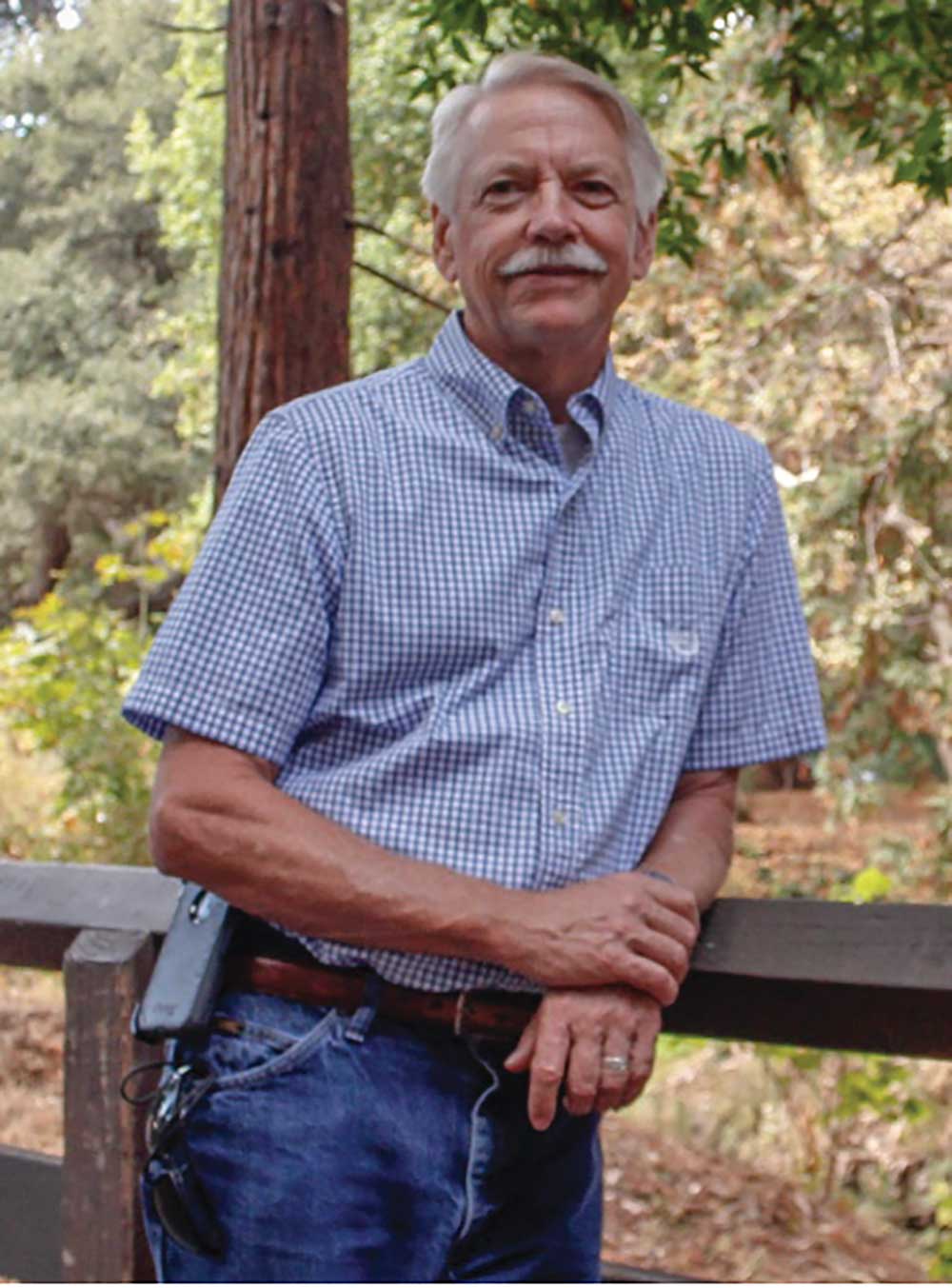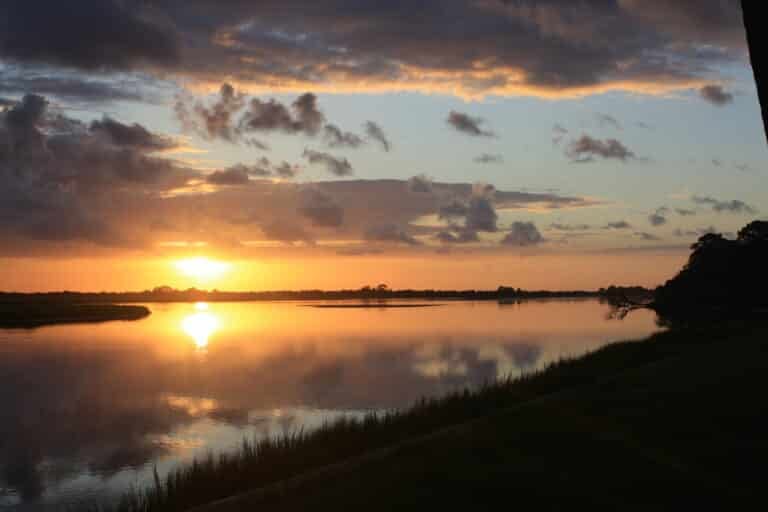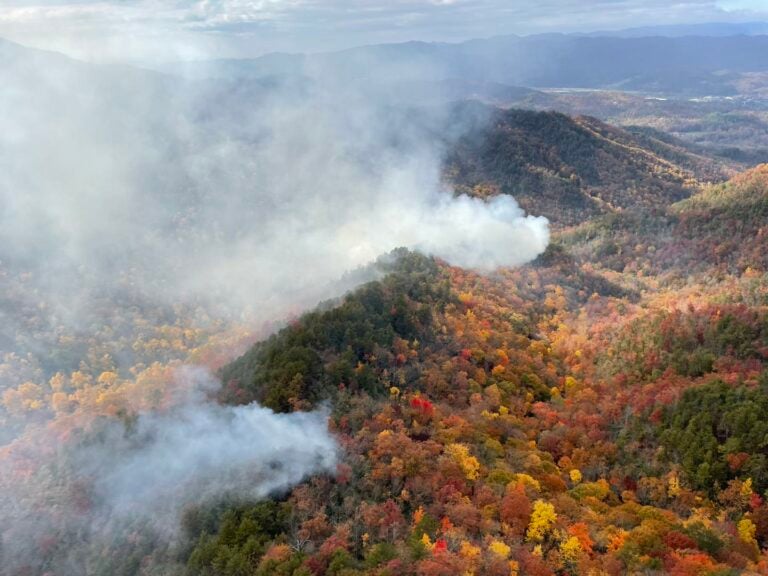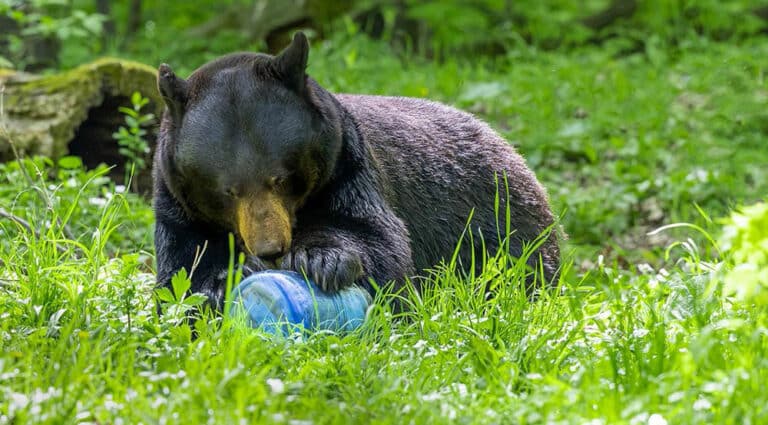Jarvis co-wrote the book The Future of Conservation in America: A Chart for Rough Waters.
Former National Park Service Director Jonathan Jarvis is Still Fighting for Public Lands.
In 2016 Jonathan Jarvis served his 40th year in the National Park Service, where he began as an entry-level ranger and ended as President Obama’s appointed director. That year the NPS celebrated its 100th-anniversary managing 85 million acres that constitute America’s 419 parks. There were 330 million visits to the scenic spots overseen by the federal organization, a record. That’s more than professional baseball, football, basketball, NASCAR, and the Disney amusement park visits combined.
But three years after Jarvis’ retirement he’s discouraged by the widely reported systematic dismantling of the NPS and a blatant general disregard for conservation by the Trump Administration. At 66, Jarvis could have spent his golden years fly fishing but ultimately decided this was no time to relax.
He’s become an outspoken critic of current environmental policies in op-eds and interviews, and he co-wrote the book The Future of Conservation in America: A Chart for Rough Waters with Gary Machlis. He is also a part of the group that filed a brief earlier this year with the U.S. Supreme Court in an effort to protect the Appalachian Trail from pipeline development.
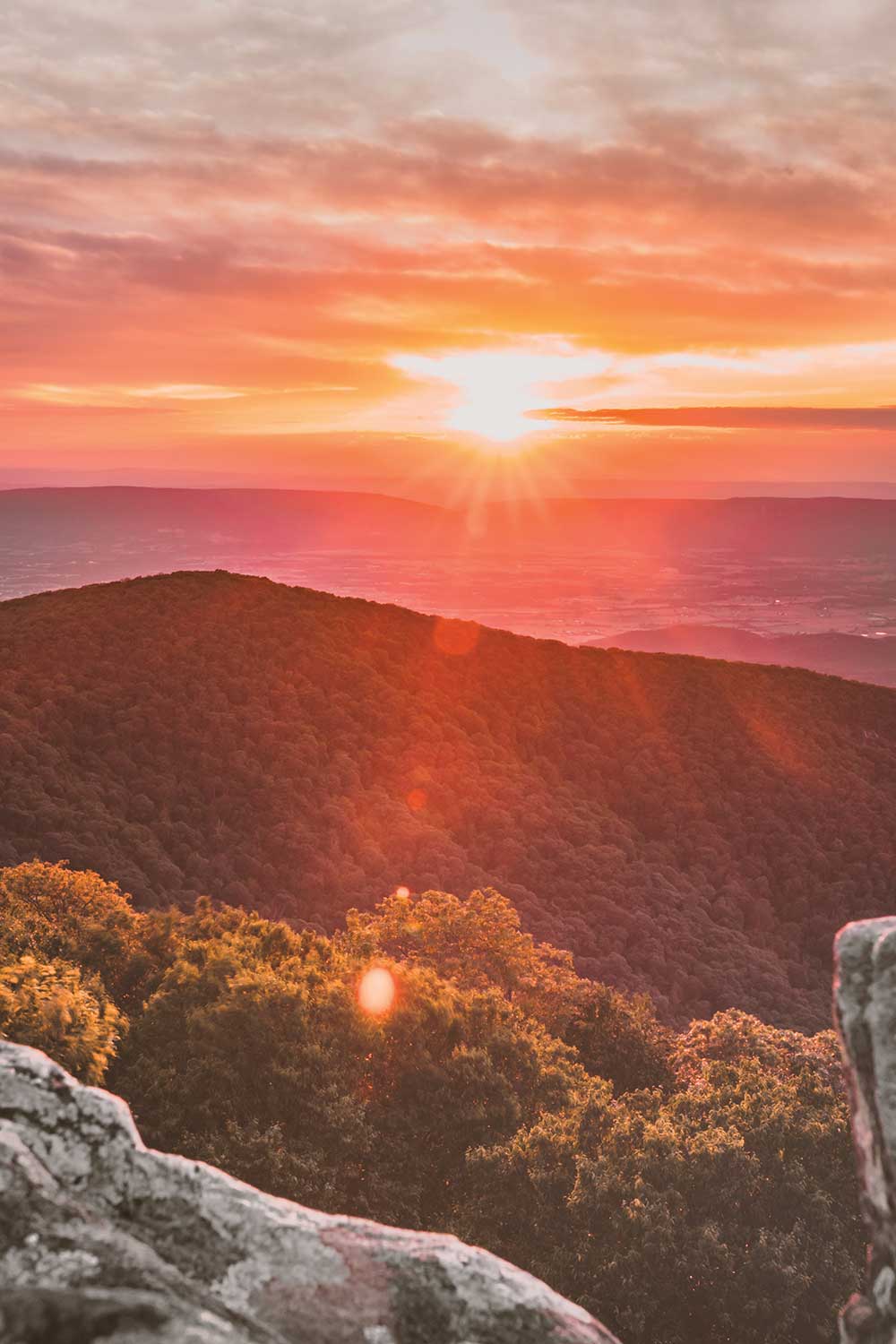
A Virginia native, Jarvis spoke with BRO at his new home in Berkeley, where he was chosen by the University of California, Berkeley to be the inaugural executive director of the Institute for Parks, People, and Biodiversity, where he will work on pressing issues facing parks, including climate change and equitable access.
How did growing up in Virginia’s Shenandoah Valley shape your life and future career?
I grew up right off the confluence of the Maury and James Rivers. It was home to my father’s family for many generations. We lived on the edge of my uncle’s farm, backed up against the Jefferson National Forest. I was basically what you would call a ‘Free-Range Kid.’ I ran the hills and mountains and streams, hunting and fishing, very much an outdoor lifestyle. I was always interested in what was going on in the natural world, and I knew my career was going to have something to do with the outdoors.
Last August you wrote a piece for Politico called “A Step too Far for the Appalachian Trail,” opposing Dominion Energy’s contentious, proposed project to build a natural gas pipeline on national forest land that would cross the A.T. Where do you see this headed?
They don’t have the authority to build it. What’s interesting is that under current law, even the current Security of the Interior, David Bernhardt, doesn’t have the authority to allow a utility right of way across a national park system; that authority comes exclusively from Congress, and Congress was wise to withhold that authority. They did that because they felt political pressures could come at some point to put a pipeline or high-tension line across the park system.
The only alternative they now have is for Congress to specifically authorize [the pipeline], otherwise they need to find another route. What I worry about is, aside from the current distractions going on in Congress, is that somebody will stick a rider on a bill which has nothing to do with the pipeline. I don’t think a bill like this would stand on its own and go through committee and hearings, particularly with a Democratic house, but there could be a rider and that’s something we have to watch out for.
There is so much political upheaval now that allows little things to stay underneath the radar in national media. With your 40 years in the service, I imagine you still follow the agency pretty closely. Can you describe some of the things that you’ve seen happen with this administration?
First, there’s no director of the Park Service. They have not filled my position, and that’s unprecedented. They brought in a political person, Danny Smith (who’s since retired), to serve as Acting Director.
They moved every senior director in the NPS to different positions so they’d have to move, which forced many to retire. All the most experienced managers at Yosemite, Teton, Grand Canyon, and others were reassigned, which is hard on their families, causing a significant number to retire. With these unfilled positions, you have this void which causes the political leadership to exercise control.
They’ve opened up old bike paths to e-bikes, opened up roads in Utah to ATVs, rescinded policies I put into place about climate change and climate adaptation. They’ve issued a memo to all park superintendents that they are not to speak publicly or to the media on issues related to anything adjacent to their park, a muzzle.
They’ve also rewritten reports on climate change forcing employees with elimination of their jobs or their funding if they don’t take out any contribution in the reports of attributing climate change to humans. All of these things are easy to see by me or others who closely watch conservation in our parks, but there’s a bigger noise going on in Washington that overwhelms.
You had a four-decade career with the Park Service. What’s your broad take on the general public’s attitude towards conservation?
With the Boomer generation, from roughly 1964 to 1972, we experienced a time of extraordinary environmental activism; most of the big conservation groups got their start during that time, and we had legislation passed we use today: the Clean Air Act, the Clean Water Act, the National Environmental Policy Act, the Outdoor Recreation Act, the Wilderness Act.
I think there’s been a wane since, and there needs to be a transition to this next generation, in terms of [fostering] a conservation leadership that is diverse, young, and uses technology and brings in things like inclusion, diversity, and environmental justice.
I see a transition happening, and I’m excited about it, but it’s got to be accelerated. There are too many issues: climate change, destruction of the Amazon, loss of water systems, fires; all these things are happening and we need the next generation to step up. It’s incumbent on my generation to help that transition, help inspire. Let’s do a handoff.
